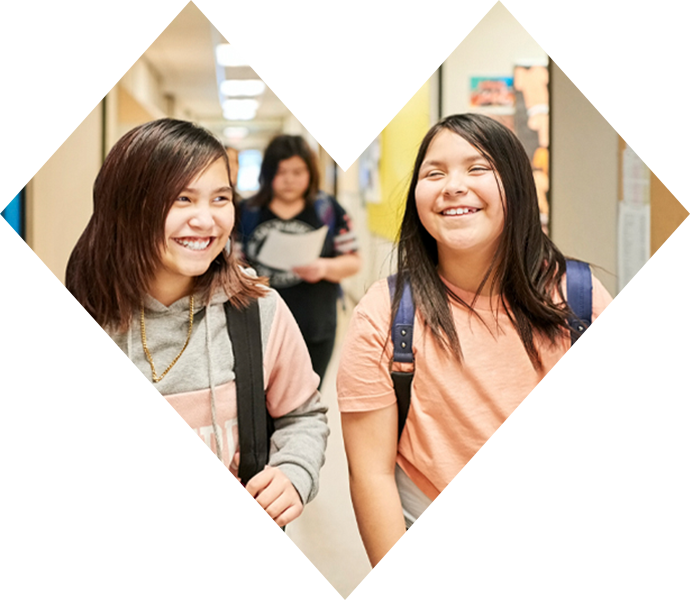There is no guarantee that you will receive any benefit from taking part in this study. Information obtained from the study may help researchers in the development of better treatments for CM. Some procedures that will be done during the study may carry some risks, listed below. Your study doctor can provide more information to you as well.
| Procedure |
Risk |
| Blood Sample |
- Discomfort due to swelling or bruising around the site where the needle entered your arm to draw the blood
- Light-headedness and fainting (uncommon)
- Small risk of infection at the needle insertion site
|
| ECG |
- The sticky pads placed on your chest may cause skin irritation
|
| ECHO |
- You may feel uncomfortable having to lie in one position for the test
|
| MRI Scan |
- If you don’t like confined spaces, it may make you feel uncomfortable being in the MRI scanner
|
| Questionnaires |
- If you are not comfortable answering any questions on a questionnaire you will have the option not to answer
|
The main risk of allowing us to store and use your samples and certain limited health information for research is a potential loss of privacy. We will protect your privacy by labeling your samples and information only with a code, and keeping the key to the code in a password protected file.
There is a chance that you may be the subject of discrimination if the results of genetic testing show a genetic disorder. Researchers will not release any information to anyone without your written permission. However, it is possible that genetic information may be revealed to others through legal means and may affect your ability to obtain insurance or get a job. In cases where parents and children are both tested, tests may reveal the possibility that the father is not the biological parent.
The use of technology as part of this study can present risk. It is possible that private data from a mobile device may be accessed by others should you lose your mobile device or lend the device to other people. Some additional risks are related to a loss of confidentiality, especially when using electronic devices to share, store, and enter information. There is some possibility that other people may see your open smartphone communications. In addition, certain applications may affect the battery life of the device.
It is highly recommended that you set up a passcode on your own phone and/or electronic device to help prevent unapproved access to your device and research Study data. It’s also recommended that a remote disable feature be set up on your device in case it’s lost or stolen. This will allow you to remotely disable or remove any apps and/or data.
There may be risks that are currently unknown.


